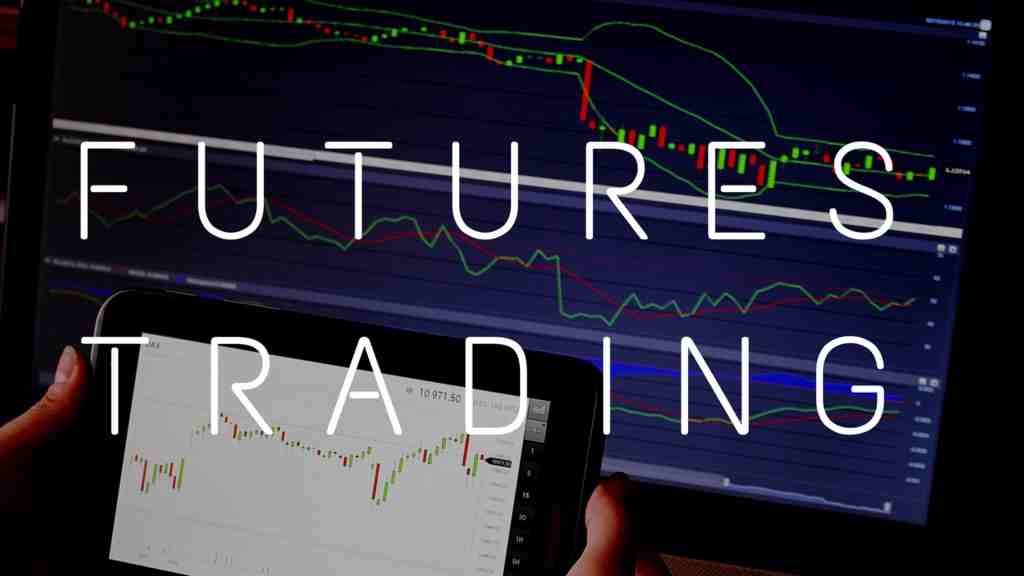Take Profit Planning: How to Exit Trades Like a Pro
Take Profit Planning: How to Exit Trades Like a Pro
Blog Article
Futures trading is an important part of the world wide economic landscape, providing options for equally speculation and hedging. Whether you're a starter or a skilled trader, understanding the fundamentals of Take profit trader is essential for moving this active market. This review offers a thorough look at futures trading, showing critical aspects for both newcomers and professional professionals.
What is Futures Trading?
Futures trading involves buying and selling contracts that obligate the customer to buy, or the vendor to market, a tool at a predetermined value and day in the future. These agreements may be predicated on a variety of main assets such as commodities, indices, or currencies. Futures trading is frequently utilized by traders to hedge risks or even to speculate on value movements.

How Futures Trading Performs
In a normal futures contract, two parties agree with the buying price of an asset for a certain future date. As an example, a elementary oil futures contract may possibly collection a price of $50 per barrel for delivery in three months. If the price of gross oil rises above $50 during the time of supply, the buyer profits. Alternatively, if the cost drops under $50, the seller benefits.
Futures agreements may be exchanged on particular transactions, giving a clear and controlled environment. Market members can possibly take extended roles (buying) or short positions (selling), relying on their industry outlook.
Advantages of Futures Trading
One of the major benefits of futures trading is leverage. Traders may get a handle on a sizable place with a comparatively tiny amount of capital. This power can magnify gains but additionally increase the danger of losses. Futures trading also offers freedom, as agreements could be exchanged on different assets, such as for instance materials, agriculture, or financial products.
For hedgers, futures provide a method to lock in costs for future purchases or revenue, supporting to control price volatility. That feature is very important for companies that count on fresh materials or commodities in their generation processes.
Criteria for Newcomers and Experts
While futures trading presents exciting possibilities, additionally it bears substantial risk. For beginners, it's important to know the technicians of the marketplace and the various kinds of contracts before choosing capital. Starting with little jobs and paper trading can help construct knowledge without exposing oneself to big losses.
For experienced traders, sophisticated techniques such as for example distribute trading or applying futures in conjunction with different devices can offer additional approaches to benefit from industry movements. But, also professional specialists should remain careful and aware of the risks involved.

Realization
Futures trading is a thrilling yet complicated economic activity that provides options for equally speculation and risk management. By understanding the basic principles, applying ideal methods, and handling risk effectively, traders can steer the futures industry successfully. If you are only beginning or have years of knowledge, staying knowledgeable and disciplined can help you succeed in this fast-paced environment. Report this page